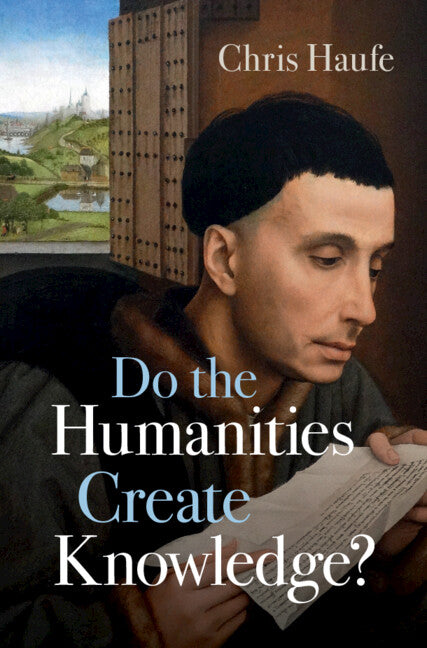Do the Humanities Create Knowledge?
Author(s): Chris Haufe
Couldn't load pickup availability
🚚 Free UK delivery on books (excluding sale). T&Cs apply.
Free click & collect on all orders.
There is in certain circles a widely held belief that the only proper kind of knowledge is scientific knowledge. This belief often runs parallel to the notion that legitimate knowledge is obtained when a scientist follows a rigorous investigative procedure called the Scientific Method. Chris Haufe challenges this idea. He shows that what we know about the Scientific Method rests fundamentally on the use of finely tuned human judgments directed toward certain questions about the natural world. He suggests that this dependence on judgment in fact reveals deep affinities between scientific knowledge and another, equally important, sort of comprehension: that of humanistic creative endeavour. His wide-ranging and stimulating new book uncovers the unexpected unity underlying all our efforts – whether scientific or arts-based – to understand human experience. In so doing, it makes a vital contribution to broader conversation about the value of the humanities in an increasingly STEM-saturated educational culture.
- If it is agreed that the humanities are valuable and essential, are there better and worse ways in which to generate humanistic knowledge? This book offers compelling answers
- Critically assesses our knowledge-making practices and in so doing shows that STEM and the humanities are actually far closer together here than many assume
- Aims to address critics of the humanities as well as those who perhaps have not been critical enough: and thus offers essential self-reflection on how human knowledge is really acquired
- Shows how philosophy can illuminate much wider and urgent questions relating to the future of higher education
- A book by a rising star in epistemology who uses philosophical wisdom to a greater end
- Will inspire all those looking for a robust but not uncritical take on humanistic learning
Share


